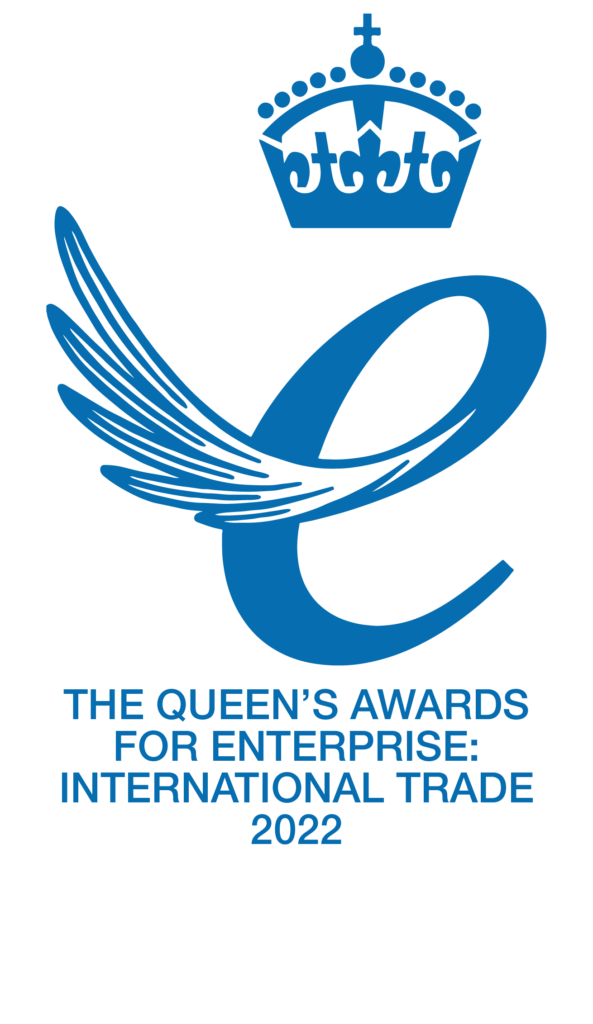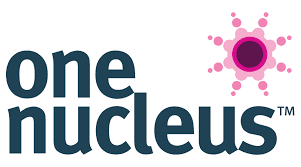Inflammation Assays
Atopic Dermatitis
Atopic dermatitis (AD) is a chronic, complex allergic inflammatory skin disease that affects 10-20% of the population, characterised by a periodic flare of the symptoms which include red and itchy skin, swollen and cracked. Initial immune response begins with the T helper (Th)2 response which then shifts to Th1 in the chronic phase.
Our team have the expertise to offer multiple cell-based approaches including:
- Primary Keratinocyte monoculture
- Human immortalized keratinocytes monoculture
- Primary/immortalised keratinocytes cocultured with immune cells
Atopic dermatitis in vitro model
- Involves stimulation of human epidermal keratinocytes (NHEK) using a cocktail of proinflammatory agents, including Poly(I:C) and (TNF)-a (Th1cytokine) Or Poly(I:C), IL-4 and IL-13 (Th2 cytokines) to induce AD disease phenotype
- Measure expression levels of Eotaxin, IL1α, IL4, TNFα, GM-CSF, IL1β, IL8, TSLP, IL18, IFNα2, IFNβ1, MIP1α, RANTES, MIP3α, MDC, CCL27, involucrin and filaggrin to test the efficacy of your test compounds
- Explore TLR3/RLRs signaling: NFkB, IRF3 translocation/ phosphorylation; JAK/STAT, PI3K signalling to understand mechanism of action (MOA)
Atopic Dermatitis cell-based model
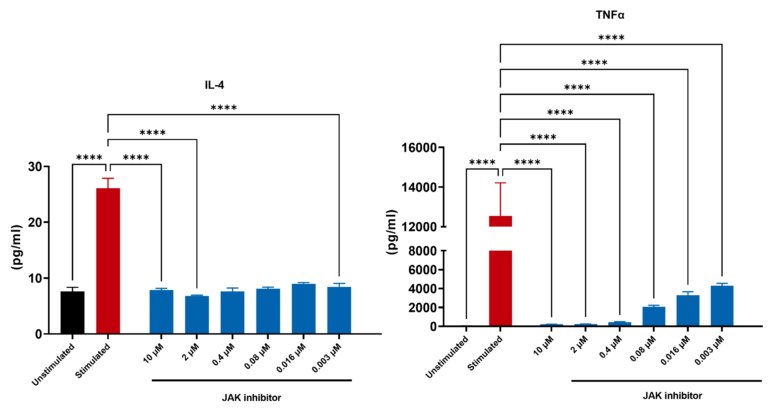
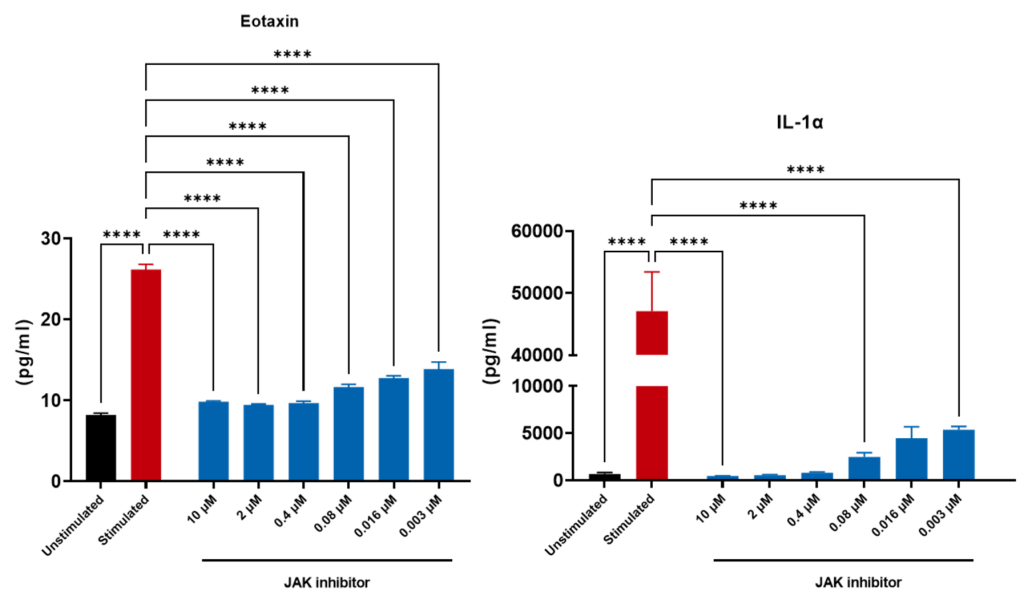
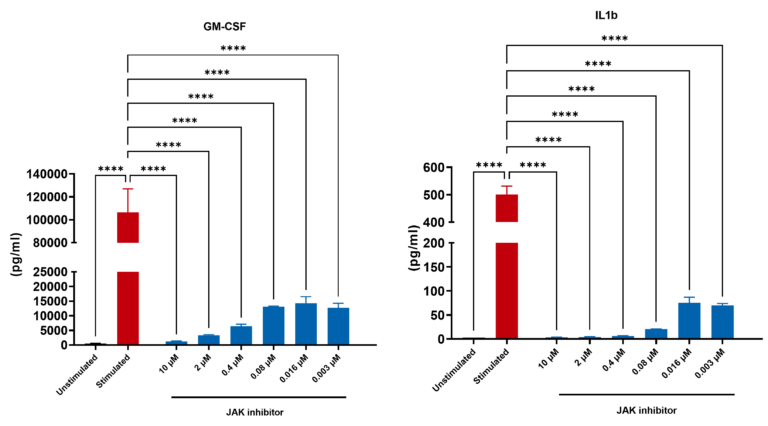
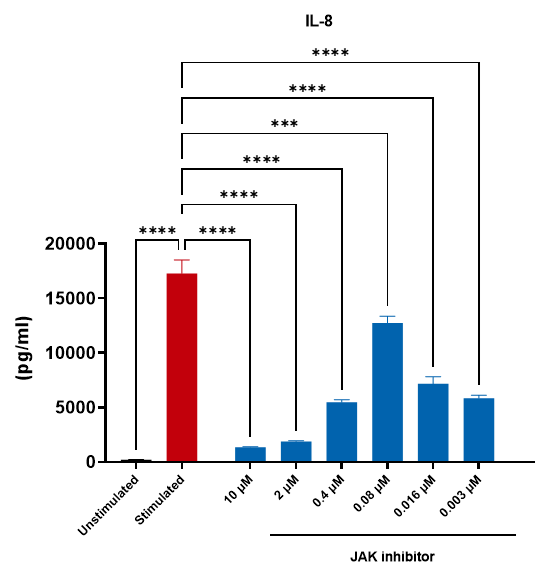
Primary healthy human keratinocytes were treated with different concentrations of JAK inhibitor along with Poly I:C+ recombinant IL-13 for 48 hours. Inflammatory markers in the resulting supernatants were analysed using a Human Magnetic Luminex® Assay (n=3, mean±SEM)
Request a consultation with Cellomatics Biosciences today
Our experienced team of in vitro laboratory scientists will work with you to understand your project and provide a bespoke project plan with a professional, flexible service and a fast turnaround time.
To request a consultation where we can discuss your exact requirements, please contact Cellomatics Biosciences.

